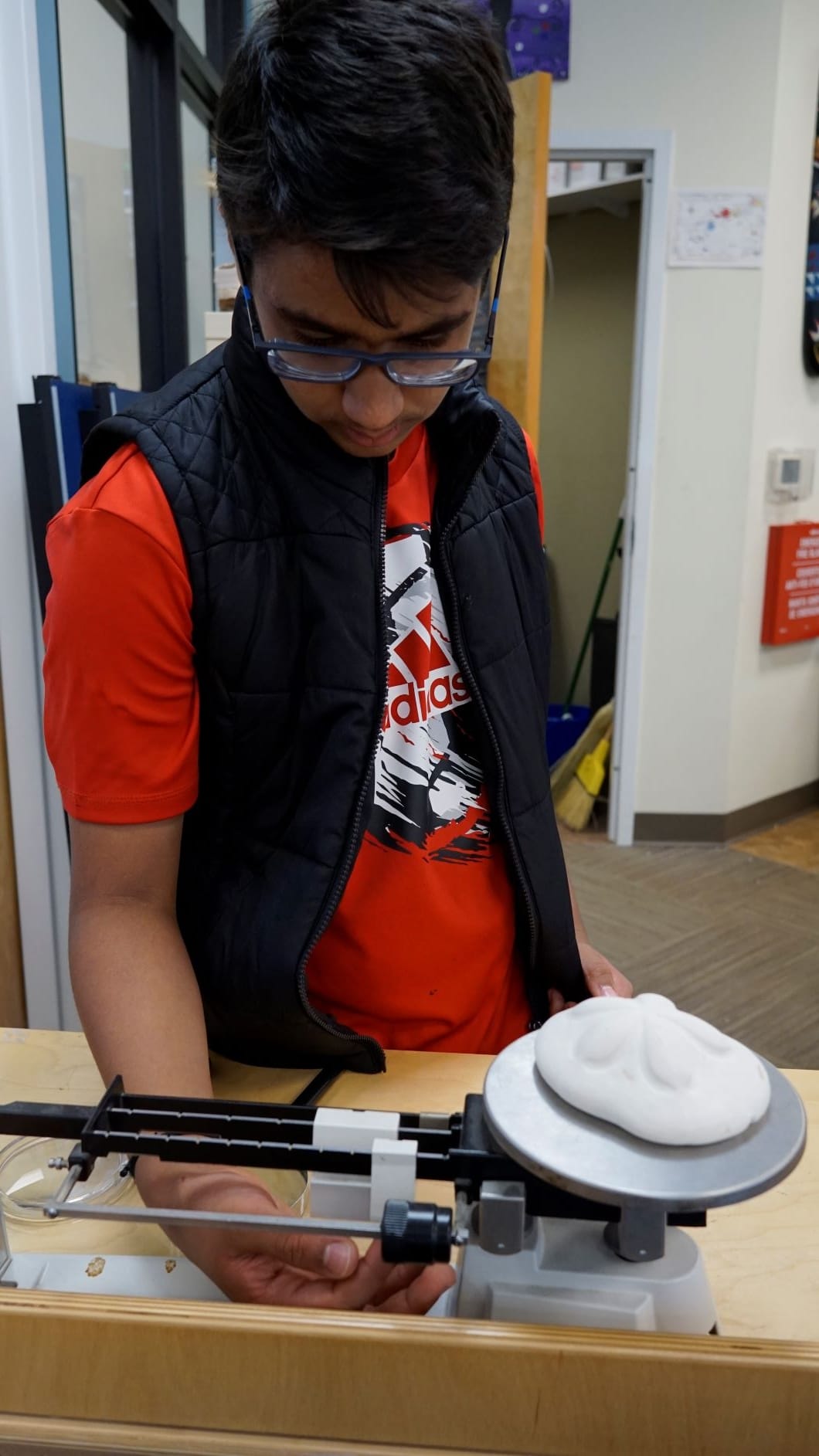Steam
What is STEAM?
Science, Technology, Engineering, The Arts, and Mathematics, or STEAM for short, is an interdisciplinary approach to learning that fosters a child’s critical thinking skills and problem-solving abilities. STEAM encourages the child’s natural curiosity and outside-of-the-box thinking, as well as helps the child connect the dots about real-world problems. As an integral part of our modern society, STEAM continuously drives innovation and progress.
STEAM at Endeavor Montessori
As a physician and scientist, Dr. Maria Montessori was passionate about science, engineering, and math. The STEAM approach integrates seamlessly with the Montessori approach in that both are hands-on, inquiry-based and experiential methods of learning. STEAM education is more meaningful and enjoyable when delivered in engaging and deeply embedded ways. That’s why our students at Endeavor Montessori engage in multidiscipline learning through extended explorations that offer children the time they need to learn STEAM concepts both broadly and deeply.
Coding, Robotics and AI
Elementary and adolescent children are ready to explore coding. Given the prevalence of computers in our society, we believe that Montessori would support children developing a deep understanding about how these machines work. It is immensely helpful for children to understand not only that people tell computers what to do but to also understand how they do it. Explorations of robotics and Artificial Intelligence (AI) are also helpful learning opportunities for older children.
STEAM Program Goals
At its core, our STEAM Program is designed to spark creativity and innovation in each child. Through experimentation and cooperation, students who engage in our STEAM program are able to find their interests and grow their skill levels and expertise. The developmental goals for our STEAM program are as follows:
Social-Emotional
- Collaboration, sharing and taking turns
- Negotiation and conflict resolution
- Respect for the rights and work of others
- Emotional regulation and self-regulation
- Following directions
- Grit and resiliency (recovery from ‘failure’ and mistakes)
- Tenacity
Physical
- Fine motor skills –
- Dexterity (skill of using hands easily)
- Hand-eye coordination
- Gross motor skills –
- Balance and stability
- Moving from one place to another without incident
- Manipulating large objects
- Large muscle coordination
Cognitive
- Asking questions
- Problem-solving
- Flexible thinking
- Logical thinking
- Intellectual persistence
- Construction of mental relationships (connection between ideas to make sense of how things in the world work)
- Metacognition (thinking about thinking, i.e. ‘This is not working, what thought process did I go through to get here?’)
- Analysis
- Reflection
- Evaluation (of process and product)
- Content knowledge in:
- Physics
- Chemistry
- Biology
- Zoology
- Botany
- Geology
- Ecology
- Anthropology
- Geometry
- Arithmetic


